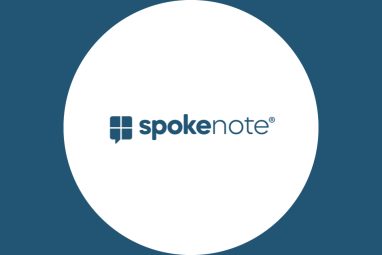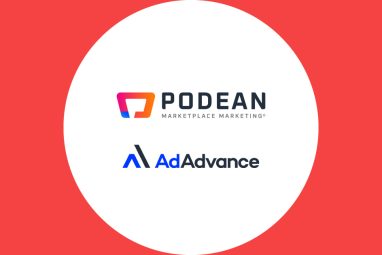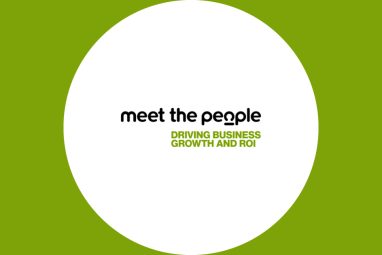68% Report Gaps in Digital Accessibility and QA Expertise
Only one-third of respondents involve PWD in digital accessibility efforts, and half of the organisations testing AI and Gen AI exclude underrepresented voices, leading to biased results.
Topics
What to Read Next

Applause has released the results of its fifth annual State of Digital Quality in Accessibility survey, revealing growing awareness and adoption of inclusive design practices ahead of the European Accessibility Act (EAA) deadline as well as interest in adopting AI’s accessibility-related capabilities.
The survey of 1,500+ developers, engineers and QA, UX, and legal professionals also found gaps in relevant expertise and QA processes that would help ensure optimal experiences for all users.
Despite a growing commitment to digital accessibility, organisations still lack the resources for continuous, independent testing. Many are turning to AI-driven solutions to supplement internal efforts, but additional investment, including in external expertise and support, is needed to bridge the gap.
The survey also revealed that not enough AI and generative AI (Gen AI) developers are seeking input from diverse user groups, including people with disabilities (PWD) – a critical oversight that risks reinforcing bias and limiting the inclusive potential of these technologies.
ALSO READ: Observe.AI Launches Adaptive Automation Solution
Key Findings:
Digital Accessibility Awareness Reaches New Heights
- 84% of respondents said that digital accessibility is a top priority (47%) or an important priority (37%) for their company. Fewer than 6% consider it a low priority or not a priority at all.
- 80% have a person or group at their organisation responsible for ensuring products are accessible – up from 52% in 2022. And, 86% of them are employing inclusive design principles at the planning stage.
- Teams are more educated on the topic of digital accessibility, with knowledge ticking upward for the past four years, most notably in the areas of “advanced” and “basic” understanding. This year, nearly three-quarters of respondents rated their current understanding as “intermediate” (36%), “advanced” (30%) or “expert” (8%).
Expertise and QA Challenges Persist Despite Growing Awareness
- Even with dedicated roles and teams overseeing accessibility efforts, 68% of respondents still reported that they lack the expertise and resources to test for accessibility independently, on an ongoing basis.
- Only one-third of respondents said they directly engage PWD in digital accessibility efforts. And, half of the organisations testing AI and Gen AI products are not including underrepresented viewpoints, including those of PWD, contributing to biased results.
- 48% do not have or do not know if they have processes in place to stop the release of inaccessible features into production.
AI and Automation Spark Optimism in Accessibility Solutions
- 47% of respondents said AI currently provides significant value to accessibility testing, while another 37% believe it will in the next two years.
- 59% of respondents indicated that they use or plan to use automated tools, which can help identify up to 40% of accessibility issues.
- 40% of respondents plan to use AI to solve accessibility issues within their organisation, while 31% don’t know if they’ll use AI in this way.
“Our latest survey reveals an increasingly inclusive mindset among the software development community. Organisations want to optimise digital experiences for all users – not just check the compliance box, though the upcoming EAA deadline is certainly on their radar,” said Bob Farrell, Vice President, Solution Delivery & Accessibility, Applause.
“Organisations are creating dedicated teams to help ensure digital experiences are inclusive – but unless they have access to testing experts and end users with disabilities for feedback, it will be a significant challenge achieving this goal.”
“At one time, our clients’ main call for accessibility was ‘Let’s ensure compliance. We don’t want to get sued.’ And now, they are recognising that by engaging accessibility experts and people with disabilities to review and test their applications, they open their businesses up to new potential customers around the world,” added Bob Farrell, Vice President, Solution Delivery & Accessibility, Applause.
“They want to give all customers an amazing experience that lives up to their high standards for digital quality – ensuring usability for all.”
ALSO READ: For The Marketer’s Book Shelf: Part 2









































































































